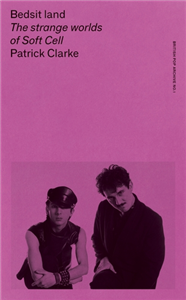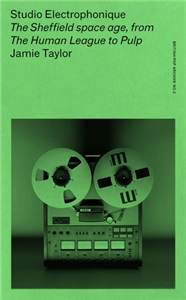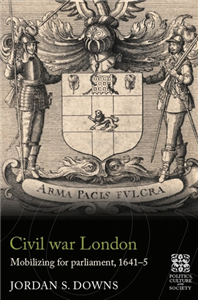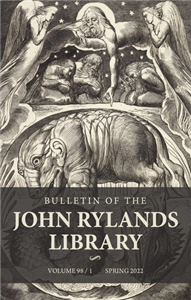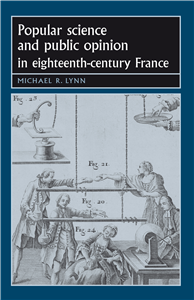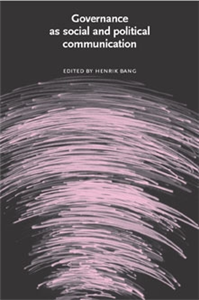Humanities & Social Sciences
May 2009
Governance is among the most used of new ideas in the social sciences, most notably in the fields of political science, public administration, sociology, social and political theory. As ever, debates within disciplines rarely transcend disciplinary boundaries. This volume, newly available in paperback, brings together authors from these fields to elaborate on the development of governance analysis in new conceptions of political and democratic communication. It not only seeks to identify, describe and evaluate the contribution of each discipline to a theory of communicative governance, but also lays the foundation of a multidisciplinary framework for studying the mediation in communicative governance of societal concerns for effectiveness, order and participation. The book is theoretical and comparative, drawing on authors and research in Britain, Denmark, France, Germany, the Netherlands and the US. It adopts an anti-foundational approach to deconstruct the essentialist discourses endemic in each discipline and the disciplinary traditions of each country. Notions such as steering and control in public administration, identities and domination in sociology, and the community and self in social and political theory are analysed in depth. The book will demonstrate clearly how the distinctive traditions of each discipline lead them to construct overlapping, loosely coupled, and sometimes incommensurable ideas about the institutions, politics and policies of governance. ;





